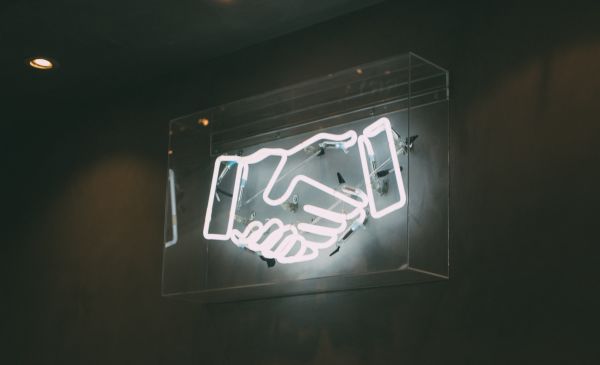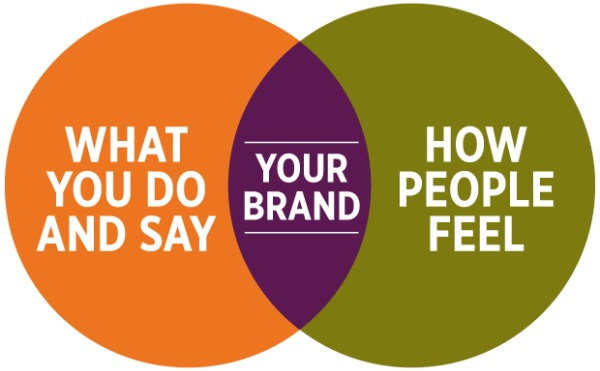No doubt, when Maryland state delegate Emmett C. Burns, Jr., penned his letter to Baltimore Ravens owner Steve Biscotti demanding that linebacker Brendon Ayanbadejo be silenced about his support of marriage equality, presumably by threatening his job, Burns had no idea what sort of rebuttal he was inviting. It didn’t take long for him to find out.
Ten days later, Minnesota Vikings punter Chris Kluwe posted an open letter to Burns at Deadspin.com taking him to task for the views Burns had expressed in his letter to Biscotti. Kluwe already had a popular following for his blunt, acerbic, occasionally vulgar, frequently derisive tweeting, but his letter to Burns was over the top. The New York Times described it as a “profanity-laden rant,” which doesn’t even begin to describe it. It was helmet to helmet, and it took Burns right out of the game. Kluwe’s letter ignited a firestorm of support, and 48 hours after it was published Burns conceded he was wrong.
But Kluwe – who had a perfect score on his verbal SAT and turned down Harvard to play football at U.C.L.A. where he earned a double major in political science and history – was doing more than showing off his compositional dexterity with George Carlin’s seven dirty words. His letter was also, said The New York Times, an “insidiously thorough” and “multilayered, point-by-point decimation of Burns’s argument.” Kluwe didn’t just rant; he made a reasoned, logical argument, but in a ranting style that Kluwe was quoted as saying “comes from a storied history on the World of Warcraft forum boards.” In other words, Kluwe argued in the mode and vernacular of the most popular MMORPG of all-time, which is to say the rhetorical style of contemporary popular culture.
Stay with me as I build towards an important marketing point.
Kluwe’s sharp, vulgar tongue wasn’t deplored; it was celebrated, left and right. Rush Limbaugh said of Kluwe’s letter, “It is profane. It’s funny; it’s humorous. The guy’s got a way with words.” St. Paul Pioneer Press columnist Bob Sansevere remarked, “[Kluwe] might be a better writer than he is a punter…I’ve never seen an athlete who can write like that.” Kluwe was not criticized for speaking with an uncivil tongue; rather, his utterly unfriendly, discourteous manner was praised. However abrasive, however brash, however crude, it was commended for a good turn of phrase.
There was a time not too long ago when such coarseness would have automatically disqualified the argument, no matter how logical or well reasoned. During the particularly contentious second term of the Clinton White House, Yale law professor Stephen Carter published an extensive and well-received case for civility in a book with that one word as its title in which he argued that civility in discourse and behavior is an issue of morals not mere manners. But as a 2012 survey by PR firm Weber Shandwick makes clear, people have come to expect incivility in public discourse. Nearly two-thirds agree there is a “major civility problem in America.” Fifty-five percent believe it is going to get worse, up from 39 percent inn 2010.
Chris Kluwe’s letter is the way of the world these days, which is nothing less than the institutionalization of incivility. No longer does incivility disqualify you; in many instances, it elevates you. At the very least, incivility is now considered routine. It is accepted, allowed to flourish and grow. This is not to say that incivility is without its critics, only that incivility has been mainstreamed.
Trends in profanity show one aspect of this shift in public discourse. A study by the Parents Television Council found a 69.3 percent rise in profanity during prime time from 2005 to 2010. A 2006 study of chat room conversations tracked an average of one curse word every two minutes. Cursing at work has become commonplace, and at schools, too. Not to mention the steadily growing use of profanity in books since the early 1960s, a trend line anyone can see by using Google Ngram Viewer to search for a favorite profanity in the 20 million-plus books Google has digitized to date.
In some ways, the institutionalization of incivility is a consequence of the rise of the kinship economy, which has been the subject of previous posts. With the three core elements of family ties– bloodlines (process), intimacy (people) and altruism (purpose) – now guiding social and marketplace interactions there is a natural dynamic at work that both draws people together and pulls people apart. Connections that come together as a result of the kinship economy boost fellow feeling and empathy but also set people apart from other groups bound by their own kinship ties. Sparks fly when groups come into conflict, with incivility as one primary byproduct. With the rise of kinship as the overarching motive force in the marketplace, it is no surprise that much of the ensuing exchange of social currency is disagreeable and spiteful. Sometimes, kin are like the Waltons; other times, the Hatfields and McCoys.
The implications for brand marketers of an intrinsically indelicate consumer marketplace are three-fold. First, consumers are less forgiving. A hard-edged attitude means a hard-nosed consumer. Consumers have always been demanding, but the bar has been raised by the permission to speak out and act out that is implicit in today’s culture of unreserved expression. Consumers are less willing to take things in stride. They are less patient, less willing to give the benefit of the doubt, and less likely to trust the good intentions of a brand. When consumers push back, they are more likely than ever to respond with a screed or a disparaging video. Letters of complaint or polite calls to customer service are viewed as cowardly and pathetic in a marketplace that celebrates the profanity-laden rant.
Second, in parallel with being less forgiving of brands, consumers are more respectful of brands that tell it like it is. Mind you, consumers won’t appreciate a brand using the kind of language they use about a brand. But consumers don’t want brands to dither in double-speak. Consumers want brands that are forthright. Brands that speak up for themselves when they feel they’ve been wrongly attacked. (Think CSDs and the Bloomberg ban.) Brands that own up to mistakes. (Think Apple Maps.) Brands that employ a frank, straight-shooting tone of voice. (Think Ford F150.)
Finally, stand for something. Consumers want brands to be brave, bold and brassy. Not to the point of boorishness, of course, but to show some mettle in an increasingly tough and disputatious world. Chris Kluwe took a stand, and that, perhaps more than anything else, was the reason he won respect and notice. In doing so, he shared common ground with an outspoken, like-minded brand in Ray-Ban and with an unassuming, non-confrontational brand in Crate & Barrel. But the COO of Chick Fil-A demurred, expressing a strong opinion the other way. Each of these brands took a stand on the issue at the heart of Kluwe’s profanity-laden rant, and despite controversy surrounding their respective positions, by doing so, these brands earned people’s regard, even if some of it was grudging. In a marketplace packed with sharp elbows and bloody noses, such regard is the measure of success that matters most.
The Blake Project Can Help: Accelerate Brand Growth Through Powerful Emotional Connections
Branding Strategy Insider is a service of The Blake Project: A strategic brand consultancy specializing in Brand Research, Brand Strategy, Brand Growth and Brand Education




